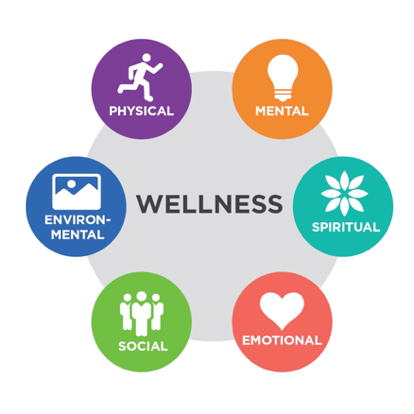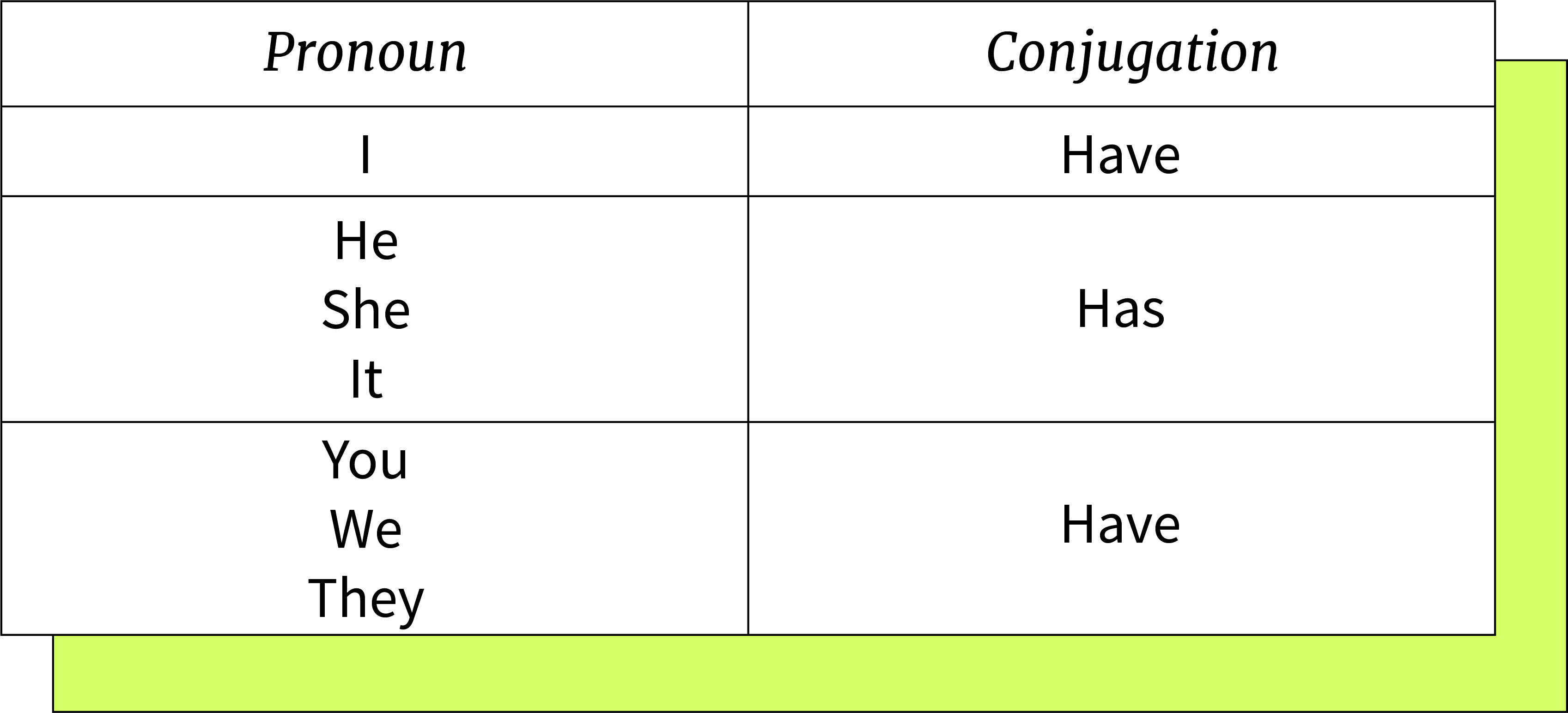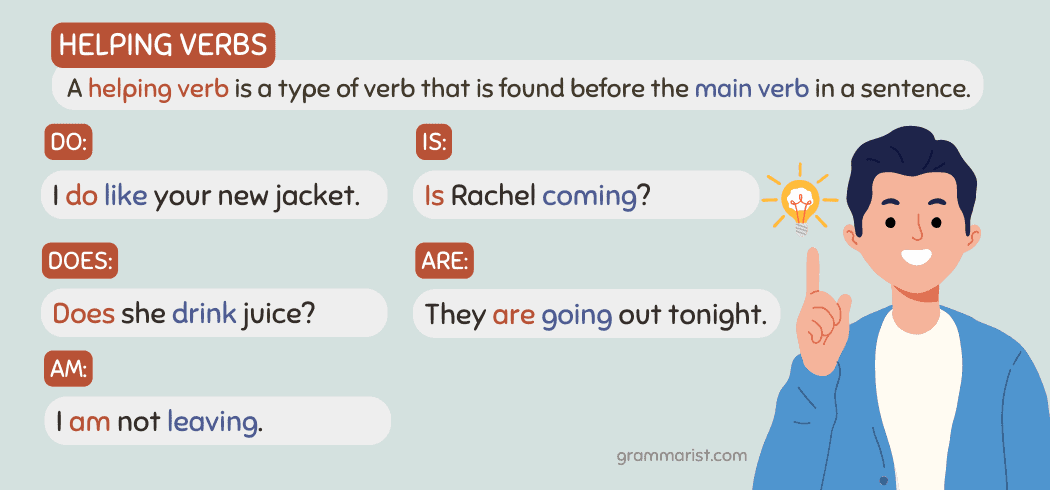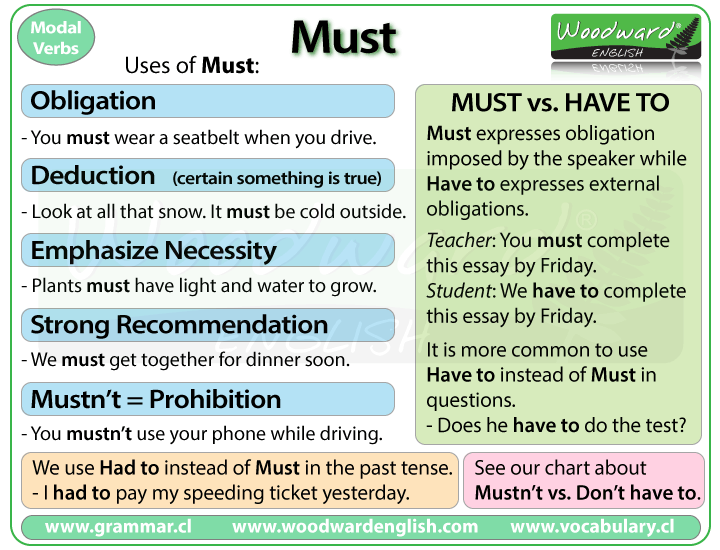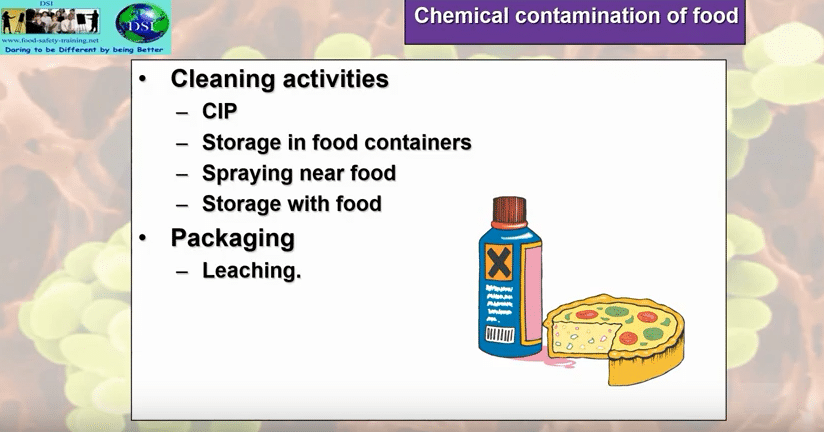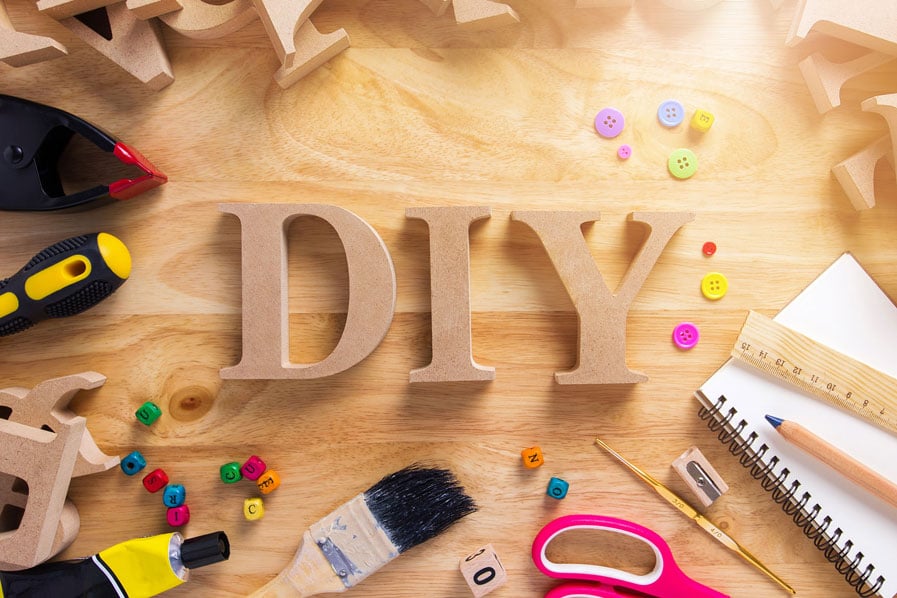Unlocking the Rewards of a Substance-Free Lifestyle: Health, Happiness, and Lasting Fulfillment
Introduction: Why Choose a Substance-Free Lifestyle?
Embracing a substance-free lifestyle is more than a personal choice-it’s a decision that can profoundly impact every aspect of your life. From improved physical health and enhanced mental clarity to better relationships and greater financial stability, living substance-free offers a wide array of benefits. If you’re considering making this change or supporting someone who is, understanding these advantages can be a powerful motivator and guide for your journey.
Physical Health: Healing and Strengthening Your Body
One of the most immediate and noticeable benefits of living substance-free is the improvement in physical health. Substances like alcohol and drugs can damage organs, weaken the immune system, and lead to chronic illnesses such as liver disease, heart disease, and respiratory problems. By abstaining, your body has the opportunity to heal and regenerate, reducing the risk of these conditions and increasing vitality. Many people experience better sleep, more energy, and a revitalized sense of well-being within weeks or months of quitting. For example, studies have shown that sober individuals often report healthier skin, brighter eyes, and normalized weight-all signs of inward and outward health [1] .
Implementing a substance-free lifestyle for better health involves regular check-ups with healthcare professionals, adopting a balanced diet, and integrating exercise routines. If you’re unsure where to begin, consider consulting with your primary care provider or seeking out local wellness programs for support.
Mental Clarity and Emotional Stability
Substance use can cloud thinking, cause mood swings, and exacerbate mental health conditions such as anxiety and depression. By removing these substances, many report clearer thinking, improved memory, and enhanced decision-making abilities. Emotional stability becomes more attainable, with moods stabilizing and fewer episodes of irritability or sadness. Over time, individuals often find that their symptoms of anxiety and depression lessen, allowing for a more balanced and peaceful outlook on life [2] .
To support your mental health during this transition, it’s helpful to develop coping strategies for stress, such as mindfulness meditation, journaling, or engaging in creative hobbies. Participating in therapy or support groups can also provide a safe space for emotional growth and self-discovery.
Relationship Renewal and Social Connections
Substance misuse can strain relationships, erode trust, and lead to social isolation. Living substance-free opens the door to repairing these bonds. You’ll likely find it easier to communicate, reconnect with loved ones, and nurture meaningful friendships. The journey to sobriety also often highlights the importance of supportive social networks, which can be essential for maintaining long-term wellness. Many individuals become positive role models for family and friends, encouraging others to make healthy choices [4] .
If you are working to rebuild relationships, consider open and honest conversations with those close to you. Attending family therapy or relationship counseling can help facilitate healing and establish new patterns of trust.
Financial Freedom and Opportunity
The costs of maintaining a substance habit can be staggering-both in terms of money spent directly and the financial impact of lost productivity or medical bills. By choosing a substance-free life, you free up resources that can be redirected toward savings, investments, education, travel, or other meaningful pursuits. For example, some individuals have reported redirecting money previously spent on substances into hobbies, long-term savings, or even starting new businesses [3] .
To maximize your financial benefits, track your spending habits and set new goals for your liberated funds-whether it’s building an emergency fund, pursuing a passion project, or supporting your family’s future.

Source: kbibenefits.com
Personal Growth, Purpose, and Self-Esteem
Living substance-free allows for deep personal growth and self-discovery. Free from the influence of substances, you can explore new hobbies, develop talents, and reconnect with your authentic self. Many find a renewed sense of purpose and a stronger sense of self-worth as they achieve milestones in sobriety. This personal transformation can also inspire others in your community or social circle to reflect on their own choices [5] .
To foster personal growth, set specific and achievable goals, seek out mentors or role models, and remain open to new experiences. Celebrate your progress and recognize the positive changes you are making in your life.
Practical Steps for Leading a Substance-Free Lifestyle
Transitioning to a substance-free life can be challenging, but with the right strategies, it is entirely achievable. Here are actionable steps you can take:
- Seek Professional Support: If you are struggling with substance use, consult a licensed healthcare provider or addiction specialist. Treatment options may include counseling, medical detox, or residential programs. To find a provider, search for “substance use disorder treatment” in your area or contact your local health department for referrals.
- Build a Support Network: Surround yourself with friends, family, or peer groups who support your decision. Consider joining support groups such as Alcoholics Anonymous (AA) or Narcotics Anonymous (NA), which have meetings in most communities. To locate meetings, search for the organization’s official site and use their meeting locator tools.
- Develop Healthy Habits: Replace past routines with positive activities, such as exercise, volunteering, or creative arts. Creating a daily or weekly schedule helps maintain focus and accountability.
- Address Triggers and Stress: Identify situations, people, or emotions that may tempt you to relapse. Work with a counselor to develop coping strategies and practice stress management techniques.
- Set Realistic Goals: Break your journey into manageable steps. Acknowledge each achievement along the way, no matter how small.
Overcoming Challenges and Finding Alternatives
While the benefits of a substance-free lifestyle are substantial, the path can be difficult, especially in the early stages. Common challenges include withdrawal symptoms, social pressure, and emotional ups and downs. It’s important to remember that setbacks are part of the process and do not negate your progress. Alternative approaches, such as outpatient therapy, holistic wellness programs, or faith-based support, can offer additional pathways to recovery. If you encounter obstacles, reach out to professionals or trusted community resources for help.
Accessing Resources and Support Services
Various resources and support networks are available to assist individuals in maintaining a substance-free lifestyle. If you need immediate help, you can:

Source: 401ktv.com
- Contact the Substance Abuse and Mental Health Services Administration (SAMHSA) by searching for their official helpline or visiting the U.S. Department of Health and Human Services website for verified resources.
- Speak with your healthcare provider about local treatment options, counseling services, and support groups.
- Explore online directories and community organizations for educational materials, peer support, and wellness activities.
Remember, accessing these services often begins with a simple search or a phone call. If you are unsure where to start, consider reaching out to your local health department or primary care office for personalized guidance.
Key Takeaways: Building a Brighter, Substance-Free Future
Leading a substance-free lifestyle offers wide-ranging benefits-from improved health and mental clarity to stronger relationships and financial freedom. The journey is unique for every individual, but the rewards are universal. By seeking support, developing healthy habits, and accessing available resources, you can achieve lasting fulfillment and inspire others to do the same.
References
- [1] Michael’s House (2024). Benefits of Living Substance-Free.
- [2] Spirit Mountain Recovery (2024). Benefits of a Drug-Free Lifestyle.
- [3] Pride Detox (2025). Top 10 Benefits of Living Substance-Free.
- [4] La Fuente Hollywood (2023). 10 Benefits of Living a Drug-Free Lifestyle.
- [5] Samaritan Inns (2023). The Benefits of a Sober Life.
MORE FROM eboxgo.com
